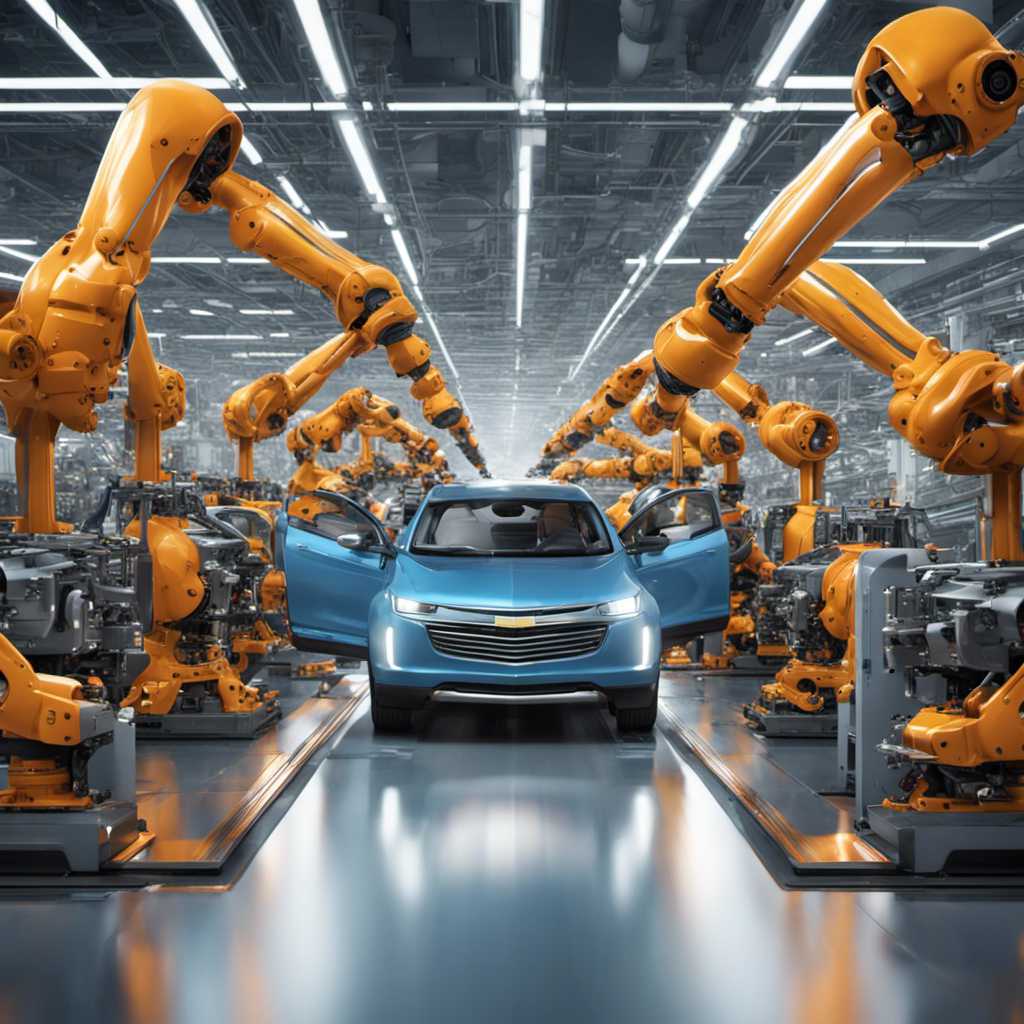Excellent article on General Motors (GM) in the May 9th edition of Business Week. Here are some important points and my thoughts:
- GM is saddled with $1,600 of legacy costs per vehicle – retiree health and pension benefit costs.
- Because of 15 year old union agreements, GM must run plants at 80% capacity, whether it makes money or not. (I believe this is another substantial legacy cost. This also upsets their dealers since they are flooded with inventory. Its Japanese counterparts are famous for regulating production to control inventory at the lots level. That is a main reason why Toyota and Honda’s dealership franchises are so much more profitable and valuable than GM’s)
- The idea of being number 1 (at any cost) is etched into GM’s culture and unlikely to be dropped by current management.
- GM has enormous liquidity: $19.8 bln in cash, $8.3 bln in bank lines (I am not sure how junk status would impact that), $5 bln it can draw from GMAC, $1.1 bln could be saved from canceling the dividend. In addition, it could raise $10-15 bln from selling GMAC (I am not sure that they would do that since it is the only part of the company that makes money. However, that liquidity may not protect GM if gas prices go higher, commodity costs increase, economy slows down etc…)
- Discontinuation of the Oldsmobile brand cost GM a billion dollars. According to Business Week, GM must discontinue some of its brands i.e. Buick and Saab but it will cost GM a lot of money. GM needs to keep making old outdated cars just to keep plants running.
This is the most important: GM spent $7 bln on R&D last year vs $15.3 bln by Toyota. That R&D spending is spread over 89 auto models and 8 divisions, versus 26 name plates and three divisions for Toyota. Toyota changes its cars every three years, where GM changes every four years.
The bottom line: In my opinion, GM has too many brands that are under-researched and with few exceptions stand for nothing. The obvious under-investment into R&D almost guarantees that GM will not be making good cars that are competitive on features and price any time soon. Its legacy union contracts are forcing the company into making mediocre cars, and it seems to me that the gap between GM and Japanese is likely to widen going forward, not shrink. I wrote an article on U.S. automakers awhile ago that highlighted additional problems faced by GM and Ford awhile ago, but these problems are still facing both companies today. Side
Note: GM’s pension plan’s return assumptions are too optimistic, GM assumes 9% long-term rate of return on its assets. Considering the age of its workforce, a very large of portion of its assets should be in bonds. Maybe GM is welcoming the downgrade and loading up on its own junk bonds (I am pretty sure they are not doing it, but I cannot contain my sarcasm). I just cannot see how the company will produce this rate of return for the foreseeable future.









0 comments